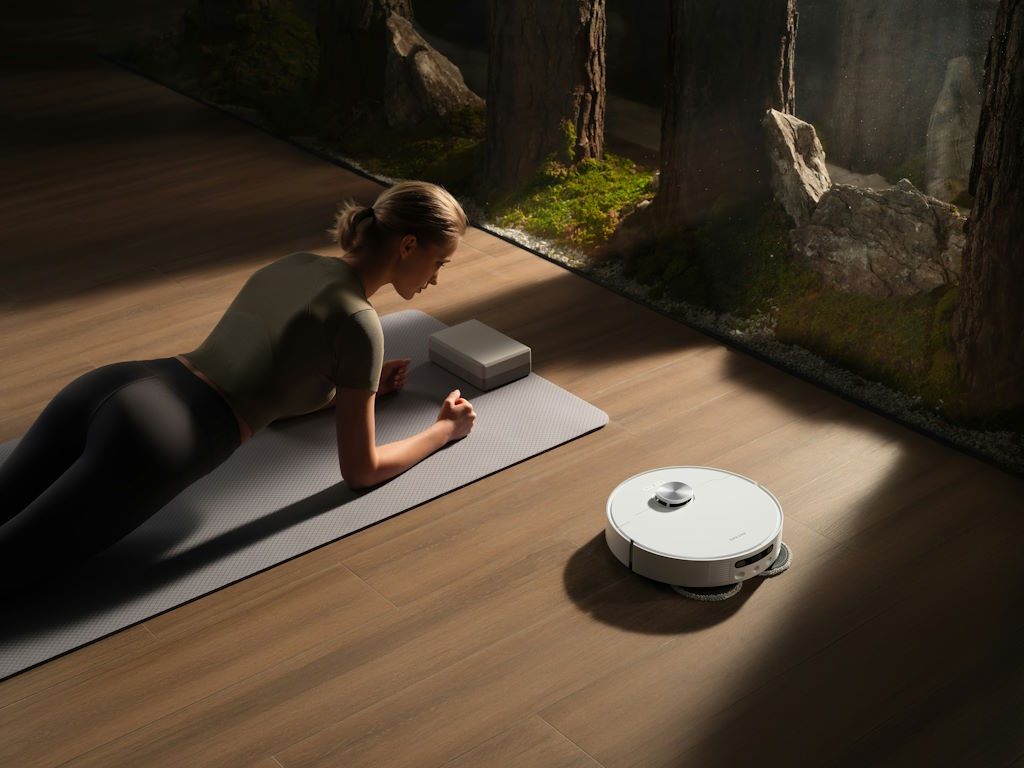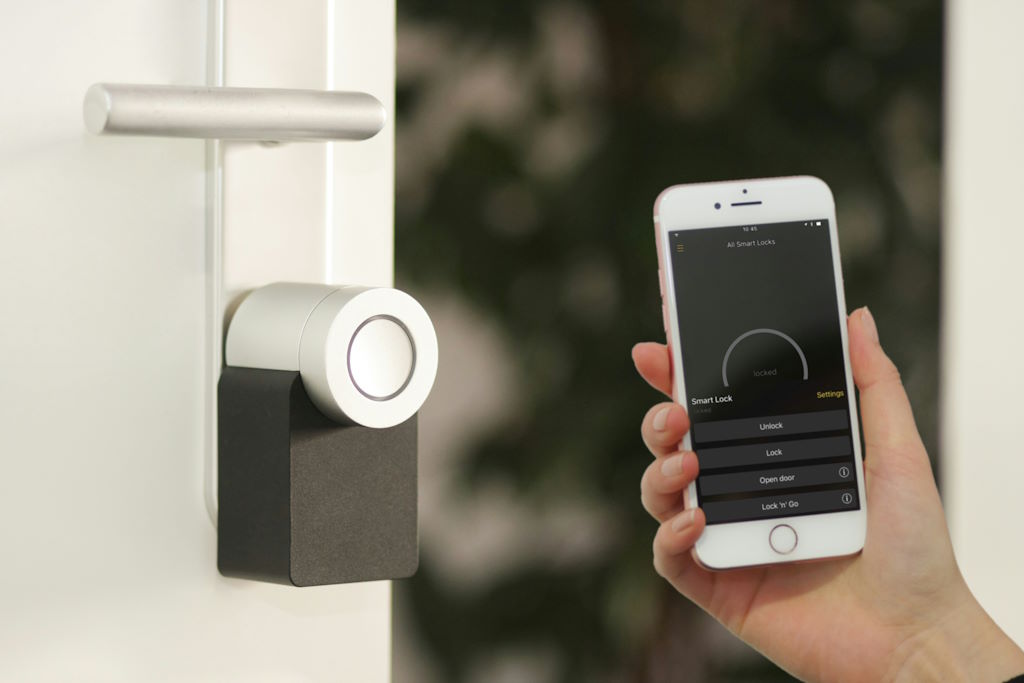Innovation at Home: How Tiny Tech Tweaks Transform Everyday Health
Every day, health is important to maintain, especially as we get older. With more people living longer in general, it's beneficial to find ways of improving your health at home. These little micro-innovations can be impactful, especially when embraced every single day.
With that in mind, if you're looking to transform your everyday health, then here are some innovations you can embrace around the home this year.
Why micro-innovations are reshaping personal wellness
So what are micro-innovations doing to reshape how we see and conduct personal wellness? Micro-innovations are reshaping personal wellness and empowering individuals with accessible and personalized tools that fit into the everyday routine. These small and incremental changes are often more sustainable than any dramatic lifestyle change.
Empowers a proactive approach to health
Research has found that brains will often resist radical change. These micro-innovations are also called micro-habits or micro-wellness work. These are created as small and manageable changes that are easy enough to adopt and maintain over the long term. Rather than being derailed by a single missed day.
When it comes to self-care and looking after yourself in the home, it's worth knowing why DupeVibe is the smartest Oral-B hack you didn't know you needed.
Encourages a sustainable habit formation
Innovation within the home also empowers a proactive approach ot health. Instead of only seeking medical help when problems arise, micro-innovations help individual patients to constantly monitor, track, and improve their health from the comfort of their own home.
Again, this shift from a reactive to a proactive healthcare empowers people to take greater control over their own wellness.
Offers convenience and accessibility
There's both a convenience and accessibility that comes from technology being available everywhere. It means the access to wellness resources is constant. This helps to provide low-cost or free tools to those who might benefit from such healthcare perks.
Leverages powerful data and offers deep personalization
AI and machine learning are helping to analyze the data collected through personal devices. This helps to identify any trends and provide early warning signs that would otherwise be missed. Informed decisions and tailored, timely interventions are possible as a result of this.
It also helps to provide deep personalization in the form of insights and recommendations. It moves beyond the one-size-fits-all approach. Again, offering more tailored feedback where it's likely needed.
Turning routine tools into smart companions
By infusing routine home tools with smart technology, a lot of the everyday objects that are used around the home can be transformed into smart, intelligent companions. Here's how ordinary tools can become smart companions around the home.
Connectivity
By connecting to the internet via Bluetooth or WiFi, smart tools can then be controlled remotely, as well as being able to interact with one another.
This also allows for a single control point via your voice assistant hub or your smartphone, making it easy to manage every smart companion within the home.
Sensors
Embedded sensors enable devices to help gather real-time data about the environment. For example, motion detectors placed on windows and doors can alert you to unusual activity that could be putting your life at risk.
Pressure sensors can help track a person's activity levels, which is good for keeping an eye on their health.
Artificial intelligence
AI algorithms help to process data from sensors to help learn user routines and preferences over time.
Smart companions can use these algorithms to suggest and perform proactive actions that can help you maintain a healthy diet when cooking in the kitchen.
So what everyday items hold smart potential? Well, any of the many routine items that are currently being used around the household can be turned into smart companions. Here are a few examples:
- Smart plugs – An easy and affordable way of making any electrical device smart. You simply plug an item like a lamp or coffee maker into a smart plug to control it remotely through voice commands or via your phone.
- Smart speakers – Smart speakers like your Amazon Echo or Google Nest can act as a central command hub for many of your other connected gadgets. They help to control lights, thermostats, and entertainment systems using simple voice commands. It can also be helpful when setting hands-free timers and reminders.
- Connected appliances – More of your everyday appliances are becoming smart. Modern washing machines, ovens, refrigerators, and robot vacuums can communicate with your phone. For example, your refrigerator may be able to tell you when certain foods are gone, or a washing machine can be programmed on while you're out.
- Wearables – Smartwatches and other wearable devices help to monitor personal health, like sleep patterns or your activity levels in general. In a smart home, this data can also help to inform other functions.
The next wave of health tech isn't coming — it's already here
You may be thinking that the next wave of health tech is coming, but in fact, that wave has already hit the shore, and if you've not embraced much in the way of home technology, then your everyday health could be neglected right now.
The home health tech revolution is one that's driven by breakthroughs in remote patient monitoring, artificial intelligence, and advanced wearables. These are technologies that are shifting the world of healthcare into a reactive approach to a proactive and personalized system that can be delivered straight into the patient's home. Here are some of the benefits that come from this new wave of health tech.
Sophisticated sensors
The next generation of wearables, from smart rings to patches, is able to track a variety of metrics. Whether that's muscle activity, stress levels, or blood oxygen. It can even detect abnormalities.
Empowers patients
Access to personal health data will empower individuals to manage their wellness proactively, as well as monitor ongoing illnesses.
These devices help to offer continuous data streams and provide a better picture for those doctor's visits.
Provides mental health support
Beyond your physical health, a lot of wearables and apps are delivering more focus on your mental wellness, too. From mood tracking to guided meditation and stress management tools.
Every day, health can be improved within the home, especially where innovative tech is concerned, so embrace it.
839GYLCCC1992





Leave a Reply